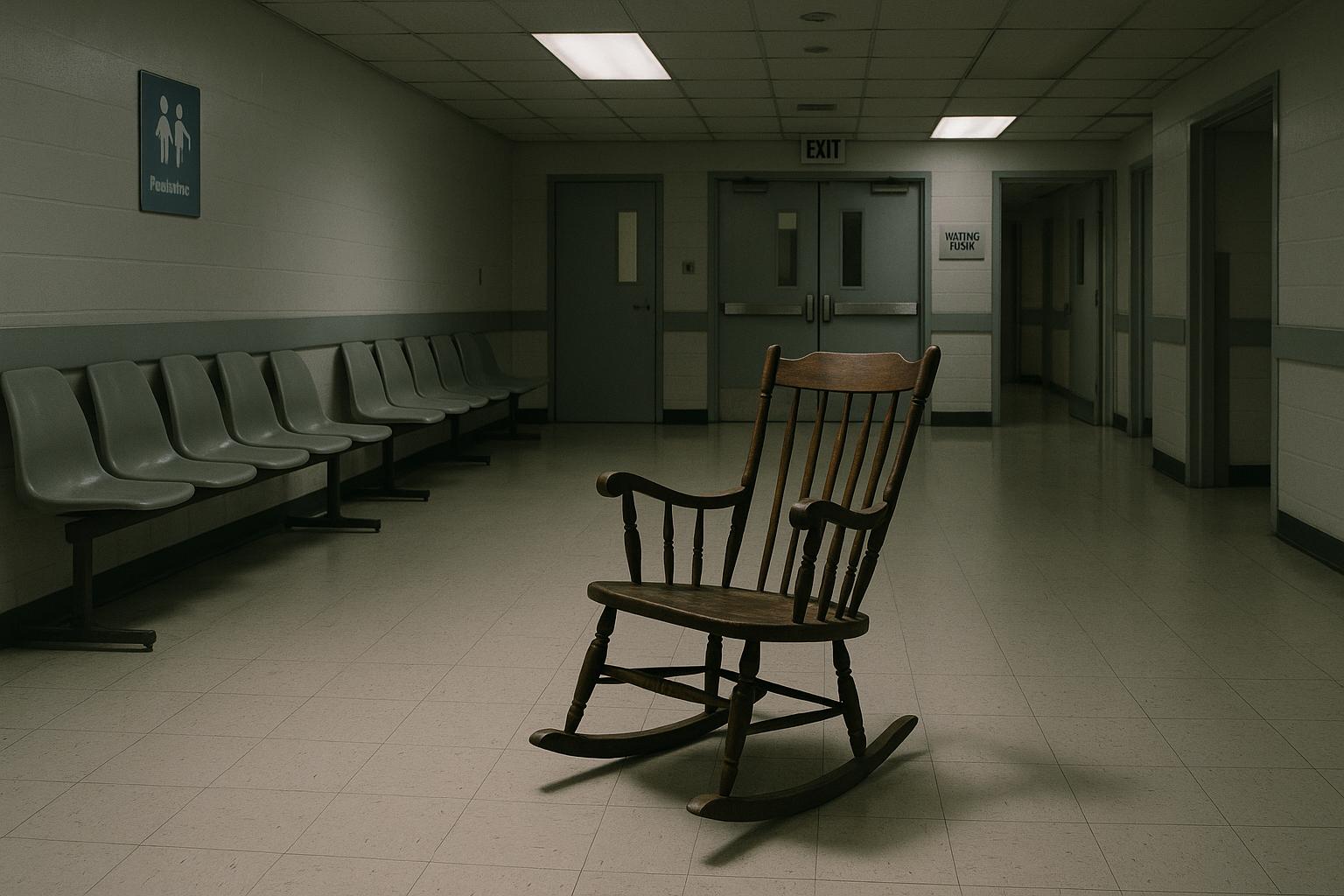During the COVID-19 pandemic, the decision by the NHS to redeploy health visitors was described as "fundamentally flawed" and harmful to children, the Covid inquiry has been told. Alison Morton, CEO of the Institute of Health Visiting, told the inquiry that redeploying these professionals at the pandemic’s start was inappropriate because health visitors were most needed on their core frontline roles supporting families. Evidence presented showed that health visitors were moved to work in hospitals, sometimes undertaking administrative tasks such as delivering parcels or answering telephones, rather than maintaining critical child safeguarding services. Some health visitors who remained on duty faced overwhelming workloads, managing caseloads as high as 750 children compared to the recommended 250. Ms Morton said the pandemic worsened protections for babies, with “some children paying the highest price,” referencing cases such as Star Hobson and Arthur Labinjo-Hughes, who tragically died during this period. She described these children as “the canary in the coalmine,” whose suffering demanded urgent attention. The charity, which represents health visiting professionals, repeatedly raised concerns with the government through 2020, leading to official directives to end redeployments by October and December 2020. The inquiry is scheduled to hear from former government officials involved in these decisions soon.
Speaking earlier at the inquiry, Duncan Burton, NHS England’s Chief Nursing Officer, defended the necessity of redeployment for critical services amid the unprecedented emergency, insisting safeguarding efforts continued throughout. He noted adaptations such as training staff in Covid testing centres on safeguarding and integrating safeguarding guidance into online clinical contacts. The NHS limited children’s access to routine healthcare and paused elective procedures to prioritise critical care, contributing to waiting lists for children’s services doubling the growth rate of adult lists. Burton pointed to the prioritisation of adult cancer treatment and the specialist nature and smaller workforce of paediatric services as reasons for the delays. Notably, speech and language therapy waiting lists surged, placing stress on schools dealing with increased numbers of students requiring additional support.
Surveys conducted during the pandemic corroborate the scale and impact of redeployment on health visiting teams. Research from University College London found that 60% of trusts redeployed health visitors, with many teams losing significant proportions of their staff between March and June 2020. This led to increased workloads and concerns that vulnerable children’s needs were being overlooked. A separate survey by the Royal College of Paediatrics and Child Health (RCPCH) similarly found that 60% of health visiting teams in England were affected by redeployment, showing heightened anxiety over the risk to vulnerable children. Both studies highlighted the potential long-term harms due to interruptions in early intervention and support.
Public Health England issued clear guidance opposing the redeployment of health visitors, school nurses, and related professionals during the pandemic. A joint letter from PHE’s chief nurse and others stressed that these workers provide essential frontline services that should not be sacrificed for other demands. They underlined the risk of both short- and long-term harm to families from the loss of vital support services. This stance reflected concerns about the damaging effects on child safeguarding and family wellbeing caused by pandemic-related service disruptions.
Additional reports from the NHS Confederation highlighted the growing backlogs of care in children’s community health services, linking redeployment and paused face-to-face visits to missed opportunities for early intervention. This raises concerns about future demand and outcomes, especially for disadvantaged and vulnerable families. A study from the Journal of Medical Ethics also underscored the ethical challenges of redeployment, revealing that almost 90% of participants had witnessed redeployment in paediatric services, with many seeing a decline in care standards. Experts advocate maintaining face-to-face care for vulnerable children as an essential priority in any future health crises.
Together, these testimonies and studies paint a complex picture of a health system under extreme strain, where urgent pandemic responses came at a significant cost to children’s health and safeguarding. The Covid inquiry continues to explore the decisions and consequences of redeployment policies, seeking lessons to prevent similar harms in the future.
📌 Reference Map:
- Paragraph 1 – [1], [2], [3], [6]
- Paragraph 2 – [1]
- Paragraph 3 – [2], [3], [4], [5], [6]
- Paragraph 4 – [6], [5]
- Paragraph 5 – [5], [7]
Source: Noah Wire Services
